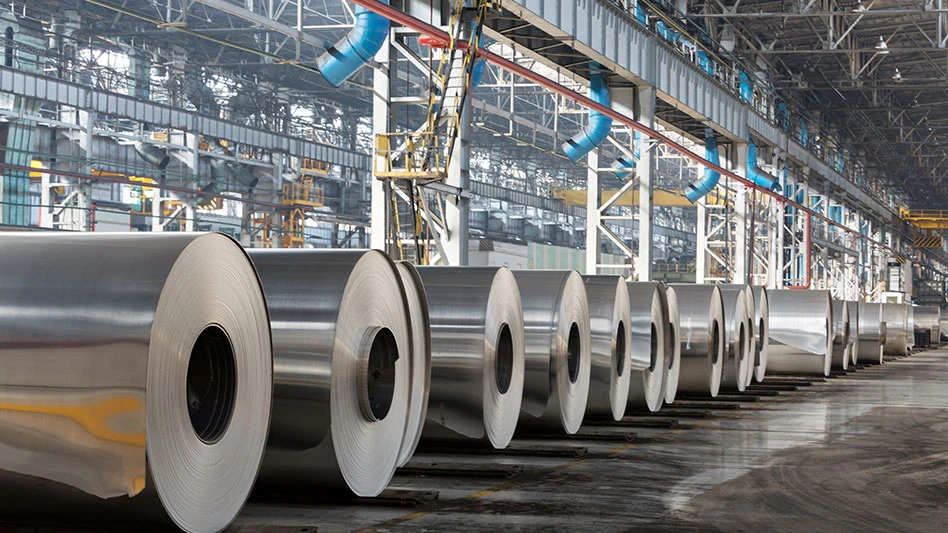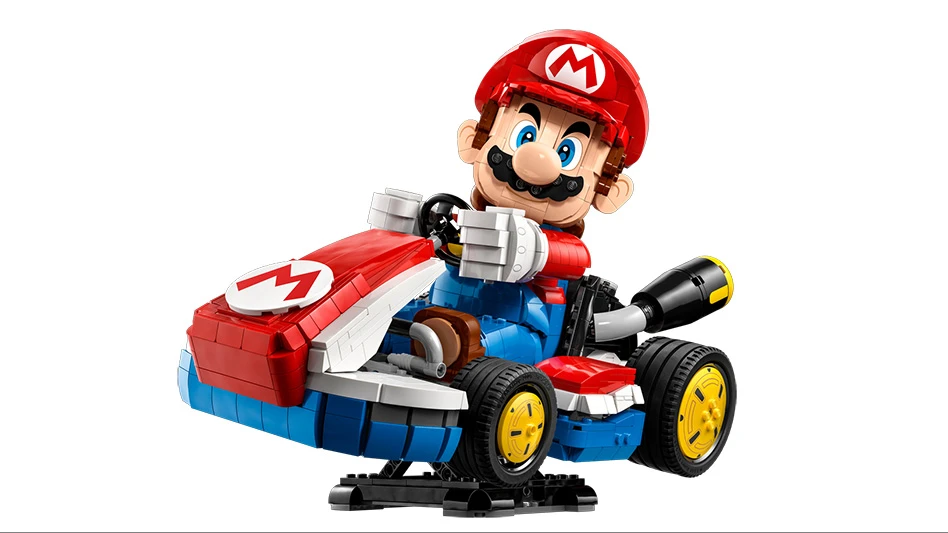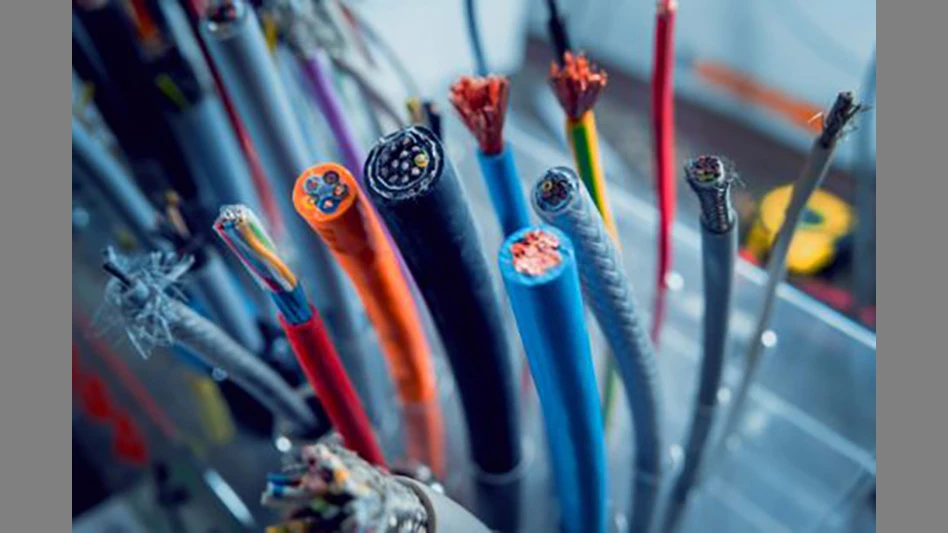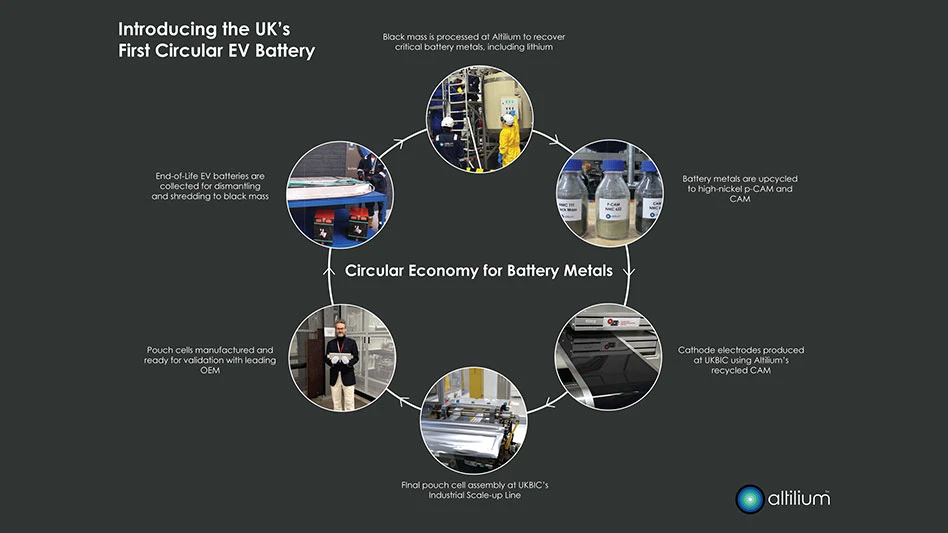
Pavel Losevsky | stock.adobe.com
Beginning in late 2021, the European Union and United States started negotiating the Global Arrangement on Sustainable Steel and Aluminum (GSA) to address carbon intensity and global overcapacity in these sectors. The deadline for negotiations is Oct. 31.
According to an Oct. 31, 2021, joint statement on the agreement, “The European Union and the United States have a shared commitment to joint action and deepened cooperation in these sectors and are taking joint steps to defend workers, industries and communities from global overcapacity and climate change, including through a new arrangement to discourage trade in high-carbon steel and aluminum that contributes to global excess capacity from other countries and ensure that domestic policies support lowering the carbon intensity of these industries.”
The U.S. Chamber of Commerce’s John G. Murphy, senior vice president for international policy, and Isabelle Icso, director of international policy, write in an Oct. 5 post to that organization’s website that the “tit-for-tat tariffs Washington and Brussels imposed in 2018-2021 seem unlikely to make a comeback, but the broader goals trade officials set for themselves—to address global excess capacity and carbon emissions in metals production—may remain elusive for now. “
In mid-2018, the Trump administration introduced Section 232 tariffs on steel and aluminum imports to the U.S., which affected nearly every country. The EU responded with tariffs on U.S. exports that included bourbon, peanut butter and jeans. Then the Biden administration struck a deal with the EU in late October 2021 that replaced the Section 232 tariffs with a system of “tariff-rate quotas,” allowing duty-free imports of EU-made metals that corresponded with historical trends. In return, the EU suspended its tariffs for two years.
Given that the GSA’s goal goes much further, “the ultimate aim would have to be to extend the scheme to other major players in metals production,” the authors write.
“In addition, the U.S. has been pressing for its exports to be excluded from the EU’s Carbon Border Adjustment Mechanism (CBAM),” Icso and Murphy write, noting that the CBAM technically entered into force Oct. 1. “The CBAM aims to ensure that goods manufactured in Europe, which are subject to a carbon price set under the EU’s Emissions Trading System, don’t face competition from imports made in countries where no similar carbon price is imposed.”
While tariffs will not be imposed through the CBAM until 2026, EU trading partners are now required to report the carbon emissions tied to their exports of iron, steel, cement, aluminum, fertilizer, hydrogen and electricity, they write, citing reporting by Politico.
“The U.S. and EU appear to be engaging constructively at the negotiating table, but a grand bargain does not appear to be at hand,” Murphy and Icso write. “In June, the USTR requested that the U.S. International Trade Commission (USITC) conduct an investigation to assess the emissions intensity of steel and aluminum produced in the U.S. to inform its negotiations with the EU.” However, the USITC does not expect to submit its report to the USTR until Jan. 28, 2025, they add.
While resolving the challenges of global overcapacity and carbon emissions by the end of the month seems unlikely, they write, “the value in averting a renewed trade war is substantial,” citing a report from the USITC earlier this year finding that U.S. importers bore nearly the full cost of the Section 232 steel and aluminum tariffs.
Sponsored Content
Labor that Works
With 25 years of experience, Leadpoint delivers cost-effective workforce solutions tailored to your needs. We handle the recruiting, hiring, training, and onboarding to deliver stable, productive, and safety-focused teams. Our commitment to safety and quality ensures peace of mind with a reliable workforce that helps you achieve your goals.
They say that study also found that U.S. steel production increased by $1.3 billion in 2021 because of the Section 232 tariffs but production by downstream industries decreased by $3.5 billion. “This finding is in line with past experience and research: Tariffs confer concentrated benefits but impose much larger costs broadly across the economy,” Icso and Murphy write.
Get curated news on YOUR industry.
Enter your email to receive our newsletters.
Latest from Recycling Today
- CATL, Ellen MacArthur Foundation establish battery partnership
- Greif announces price hike for all grades of URB products
- Ascend Elements appoints new president, CEO
- Culligan International to provide aluminum water bottles at Chicago running events
- Returpack reports increased DRS activity in Sweden
- Trade groups align against European export restrictions
- Construction, auto sectors show mixed signals
- Politics in Turkey threaten recycled steel outlet








